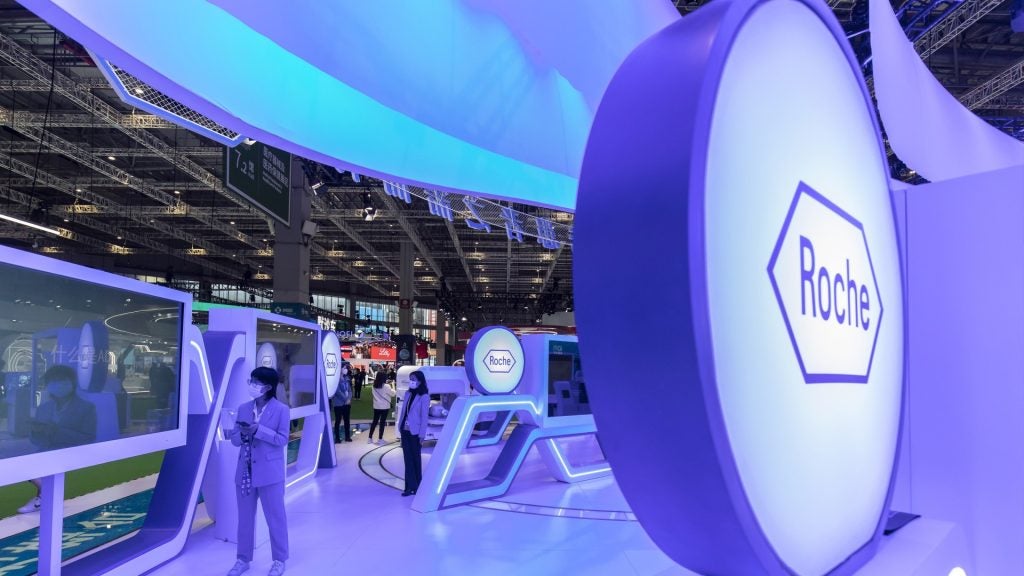Asieris Pharmaceuticals has reported positive interim results from its Phase II clinical trial evaluating APL-1202, along with tislelizumab as neoadjuvant therapy, to treat muscular invasive bladder cancer (MIBC).
The study included newly diagnosed patients with MIBC and whose radical cystectomy (RC) is planned.
Patients who are cisplatin-ineligible or refuse to receive cisplatin-based neoadjuvant chemotherapy are also included in the study.
The study divided patients into two groups to receive APL-1202 combined with tislelizumab, and tislelizumab alone.
The pathological complete response (pCR) rate is the primary efficacy endpoint of the study.
Simon’s two-stage optimal design was used to assess both the groups in the first stage, and upon achieving pCR can proceed to the next stage.
The Safety Monitoring Committee (SMC) reviewed the data and determined that the results met the pre-defined criteria.
Asieris Pharmaceuticals chief development officer Dr Linda Wu said: “This promising outcome demonstrates the potential of APL-1202 in combination with Tislelizumab as neoadjuvant therapy for MIBC.
“We look forward to the potential of this combination therapy for MIBC patients.”
The company is also conducting two pivotal Phase II/III studies of APL-1202 for treating non-muscle-invasive bladder cancer (NMIBC).
APL-1202 along with intravesical chemotherapy is being assessed in patients with intermediate and high-risk chemo-relapsed NMIBC and APL-1202 alone in intermediate-risk NMIBC.















